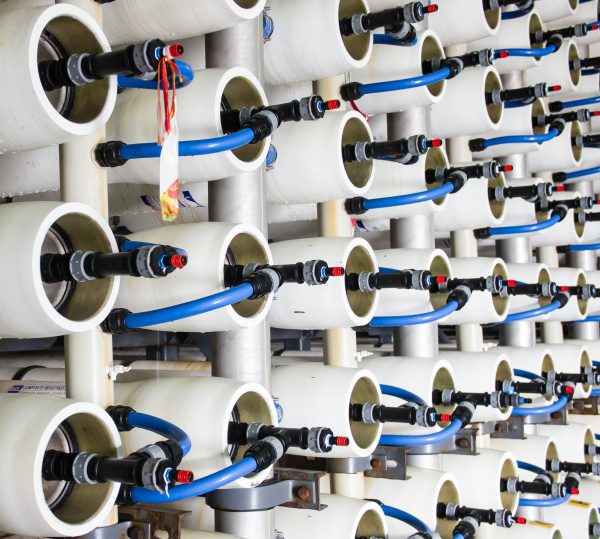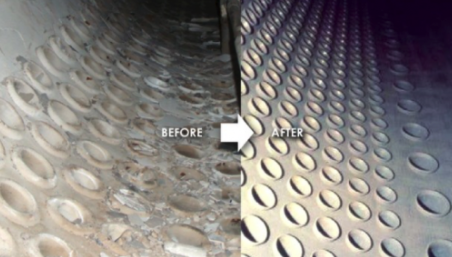This inadequate maintenance of boilers and hot water systems can bring high costs, particularly in terms of increased power consumption, repairs and downtime.
Therefore, in this article we explain why treating boiler feed water using RO (Reverse Osmosis) can significantly reduce the costs incurred by poorly maintained systems, and discuss the number of benefits in the use of RO permeate.
Reduction in fuel costs
If a boiler is not working to it’s full capacity more energy is required for the boiler to meet its operational use. This cost is incurred due to a build-up of scale within the boiler, causing damage such as cracked tubes, or on high pressure boilers and turbine blade erosion.
As RO removes contaminants that lead to scaling, the introduction of RO permeate can help by reducing the dissolved solids that create scale. Improving the efficiency of the boiler, increasing its ability to work at full capacity and reducing energy costs.
In some cases, we have seen a 4.3% reduction in boiler fuel costs due to the use of RO.
Reduction In Blow-Down (waste water)
Boiler blow-down is water that is intentionally sent to drain to maintain low TDS (Total Dissolved Solids) content in the boiler water. This avoids TDS carrying over into the evaporated steam, minimising scale and other specific problems.
High quantities of blow-down is a common problem among boiler systems that have a high volume of suspended solids present in the feed water, causing increased costs in water use.
By utilising RO for the boiler feed water, blow-down can be reduced, and enable costs to be saved in the amount of water wasted by the company.
Reduction In Chemical Usage
The use of RO in feed water dramatically reduces chemical costs due to the reduced blow-down and increased boiler cycles.
There are many proven cases where chemical treatment costs have been reduced by 60%.
Although Reverse Osmosis technology is understood by many engineers, the importance of the long term benefits is often overlooked.
To fully capitalise on the benefits of Reverse Osmosis we would strongly suggest on-going support for your boiler water and chemical management with a regular service by our service engineers.

